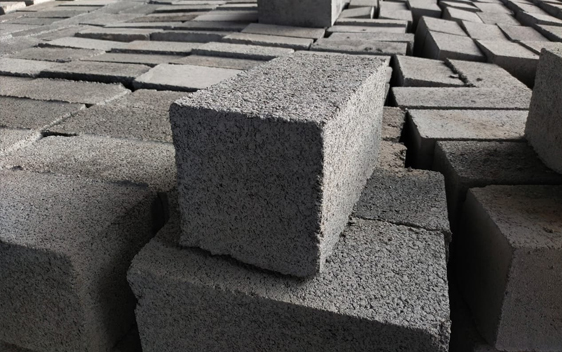
Lightweight concrete, also known as lightweight aggregate concrete or low-density concrete, is a type of concrete that has a reduced density compared to traditional concrete. It is achieved by incorporating lightweight aggregates, such as expanded clay, shale, or slate, into the concrete mixture.
Lightweight concrete is significantly lighter than normal concrete, typically weighing between 25% to 35% less. This characteristic makes it advantageous in applications where weight reduction is desired, such as in high-rise buildings or structures with weight limitations.
Thermal insulation: Lightweight aggregates have low thermal conductivity, which results in improved thermal insulation properties for lightweight concrete. It can help regulate temperature variations and reduce energy consumption for heating or cooling purposes.
Improved workability: The use of lightweight aggregates often enhances the workability and pumpability of concrete, making it easier to handle and place during construction.
Sound insulation: Lightweight concrete exhibits better sound insulation properties compared to conventional concrete, providing increased acoustic comfort and reducing noise transmission.
Fire resistance: Due to the presence of lightweight aggregates, lightweight concrete offers improved fire resistance. The aggregates contain trapped air, which acts as an insulating barrier against high temperatures.
